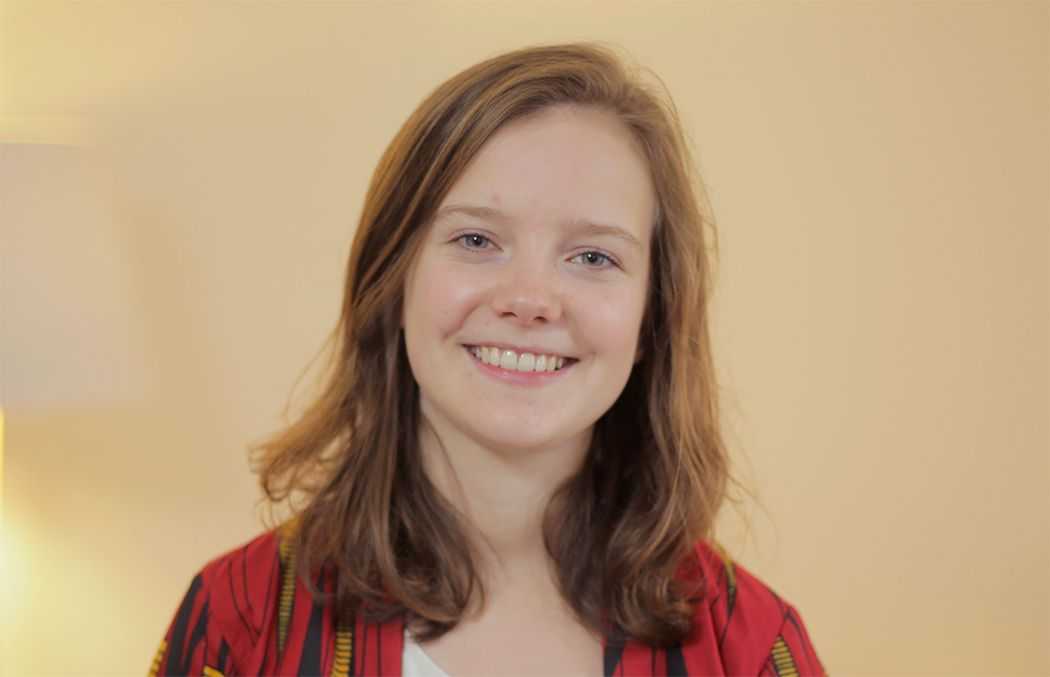Home>Changing the way social inequality in education is treated in France and Germany

13.06.2025
Changing the way social inequality in education is treated in France and Germany
Changing the way social inequality in education is treated in France and Germany: Schule macht stark (2019) and Les contrats locaux d’accompagnement (2020) as contrasting examples of layering
Thesis supervised by Agnès van Zanten, Research director CNRS/IEP de Paris and Lukas Graf, Professor of Vocational Education and Training, Swiss Federal University for Vocational Education and Training. Thesis led in joint supervision between IEP de Paris and the Hertie School and supported by the French-German University.
Thesis defense June 16th, 2025, Hertie School.
Jury : Nadine Bernhard, Professor, Technische Universität Berlin ; Lukas Graf (Supervisor), Professor, Swiss Federal University for Vocational Education and Training ; Michaela Kreyenfeld, Professor, Hertie School ; Rita Nikolai, Professor, Universität Augsburg ; Xavier Pons (Rapporteur), Professeur des universités, Université Claude Bernard Lyon 1 ; Agnès van Zanten (Supervisor), Directrice de recherche, CNRS‑CRIS.
France and Germany are among the OECD countries where social origin most strongly affects educational achievement. While the structural causes of this phenomenon have been widely studied, the institutionalization of its policy treatment and the room for manoeuvre available to policymakers to bring change in these two contrasting education systems remain underexplored. This dissertation addresses this gap through a comparative analysis of two recent policies targeting schools in disadvantaged areas: Schule macht stark in Germany and the Contrats locaux d’accompagnement in France. Drawing on process-tracing, the analysis of documents and 50 interviews, and grounded in neo-institutionalist theory, this research shows that these policies exemplify layering: strong veto players constrained policymakers to implement change through the addition of experimental initiatives rather than through reform of existing policies. These shifts affected policy orientations—toward greater efficiency in France and greater equity in Germany—policy instruments—via the strengthening of New Public Management—and governance levels—with the involvement of the federal tier in Germany. In France, changes were rapid but short-lived, marked by the political instrumentalization of experimentation. In Germany, they were slower but more enduring, supported by academic expertise. In both cases, broader initiatives—Conseil national de la refondation and the Startchancen-Programm—have continued these trajectories, illustrating
the relevance of the layering approach.
Cover image caption: Anne-Clémence Le Noan
